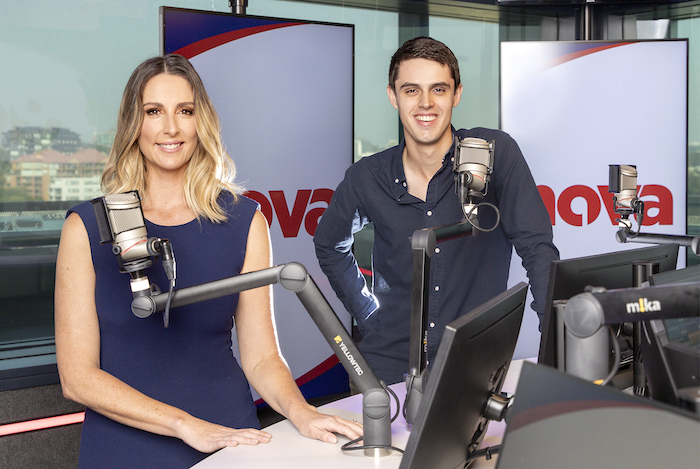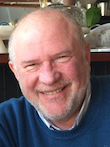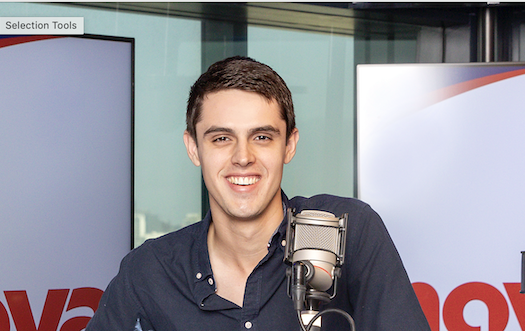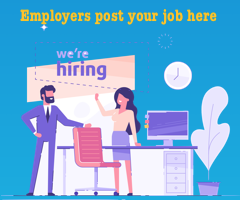Peter Saxon speaks with Zac de Silva
For many commercial stations, especially those with music formats, a three minute news bulletin at the top of the hour can cost as much to deliver as the other 57.
Perhaps that’s why more programs are asking their newsreaders to multi-task, get out of the news booth, and be part of the show.
So, even as journalism may look like an endangered species in other media, the radio ‘news reader as a personality’ has become a popular breed.
To demonstrate that commercial radio remains committed to quality journalism, CRA bestows an annual Brian White Scholarship to the best of the up and comers who are recent graduates or students in their final year of study in a relevant course such as Communications, Media, Journalism and Radio.
Last year’s recipient is Zac de Silva who, due to COVID, was only recently able to complete his scholarship. I spoke to him about his journey, so far, and his hopes for the future.
radioinfo: When did you decide to become a journalist?
Zac: When I graduated high school, I wanted to be an engineer and I wanted to go and build Formula One cars, funnily enough, and very quickly decided that engineering wasn’t for me. I was always very involved in following the news and particularly following what was happening in politics. But there wasn’t a specific moment where I went, I want to study journalism. It was more like I decided I didn’t want to do engineering.
radioinfo: Did you always want to be in radio or did you see yourself in other media?
Zac: No, that was something that came later on, kind of by a fluke when I just I took a radio class at uni as an elective and went, “oh, this is really interesting. I really enjoy that.” And I then started doing some volunteering at community radio and it all just kind of grew from there.
But, if I could work anywhere, at the moment, it would be radio.
radioinfo: Of course, it’s one thing to write news, but quite another to present it. How did you develop the skill set needed to become a radio newsreader?
Zac: Absolutely. It is very different kind of doing the behind the scenes of just writing something versus putting yourself on air, because then you kind of become part of it as well. I think for me, it was just lots of lots and lots of practice and getting feedback from people who had done it.
I did a lot of volunteer work at 2SER and got some amazing mentoring by the wonderful Geoff Field, who runs the newsroom there. But it was a lot of time spent practising on air. And a lot of it wasn’t stuff that Geoff had to point out, although he did point out a lot of stuff and yet give me some really good feedback, it was more I would kind of read something and go, oh, I’m not too happy with how I read that. And then, of course, also listening to lots of lots of other news readers across Sydney famine and kind of trying to emulate their styles as well.
radioinfo: Did you have to do a lot of exercises like breathing and enunciation – like red leather, yellow leather, all that sort of stuff?
Zac: I didn’t I’ve never really done a lot of that. It was something one of my one of my lecturers at uni did. I think we did one lesson on it. But she said, look, the reality is in the industry, a lot of people don’t really do this. But that was one of the things I found interesting doing this scholarship is seeing how some people would take the time to do these vocal exercises and warm up and others would. But it’s not something that I’ve ever really done.
radioinfo: Last year, in your final year at uni, you managed to win the incredibly prestigious Brian White scholarship for 2020. What did you have to do to land that?
Zac: It was quite an involved process. There were a couple of stages. The first stage was, you submitted a resume and a letter outlining why you should win it. Then they sent us a list of AAP news wire stories that we had to then write into an FM bulletin and an AM Bulletin and then record one of those and send all of that off.
From that, they picked 10 finalists. And normally, the final would be, I think, at the SCA rooftop in the city. And you would go and you’d get to meet all the news directors who judged it and all of the other finalists. But of course, COVID really threw a spanner in the works with that.

Nova National News Director Michelle Stephenson and Brian White Scholarship winner Zac de Silva
radioinfo: When they asked you, ‘why do you think you should win a Brian White Scholarship’ what did you say or do?
Zac: It was mainly kind of pointing out all the experience that I had from doing community radio at 2SER, both in the newsroom and on The Wire, which is the evening current affairs program that I still do some work for. But also, I think to demonstrate a kind of that passion for radio news and saying this is something that I find really interesting. The fact that you can get stories out so fast, I find really fascinating.
And that I’d want to I want to learn more from some of the best in the industry, and that’s what I got to do.
radioinfo: Before that, had you even heard of Brian White?
Zac: No, I hadn’t. And when I applied, I actually had to look him up to find out who he was and what he did.
radioinfo: I guess that was the first part of getting the scholarship, doing the research on BW. And once you’d done your homework, what inspired you about Brian White and his legacy?
Zac: The thing I found really interesting about Brian White’s story is he was this kind of pioneer of talkback radio in Australia. But for me, eventually, I would love to end up working as a foreign correspondent. And that’s what he did. He was really well known for being this formidable foreign correspondent. And I find I found that side of his story really inspiring.
radioinfo: The scholarship itself consisted of a total of eight weeks of internship of two weeks each with commercial radio news leaders Deborah Clay (ARN), Michelle Stephenson (NOVA), Natalie Peters (Nine Radio) and Amy Drew (SCA). The workshop was conducted online for the first time due to COVID.
What were some of the main things that you learnt during that time?
Zac: It’s really hard to pick out a single thing that I learned, but it was because it was just such an immersive eight weeks where I just got to really throw myself in the deep end.
But to pick out one thing, something that I really gained an appreciation of while I was there, was the art of writing really tight copy. Writing radio news. Trying to fit as much information into as few words as possible because studying media at university, you get taught to write these kinds of long, florid sentences in these big 3,000 word essays. It’s a very different thing going from that to even the longer style bulletins, normally three sentences at most, trying to fit all the details into a story. And that was something I don’t think I’d really appreciated until I got to sit down with some of the people writing the stories in the newsrooms and see how they do it.
radioinfo: What do you think are the greatest challenges that face journalism in these changing times?
Zac: I think journalism is at a point at the moment where it’s unclear where it goes from here. The Internet has really thrown a spanner in the works in a lot of ways. Obviously, on the advertising side of things, companies like Google and Facebook are really pulling a lot of the ad revenue that traditionally would fund media businesses. And, so media businesses are going to look for new ways of being able to stay financially viable. But I think also the Internet has meant that anyone can spend five minutes putting together a social media profile and call themselves a journalist. And then you get this problem of fake news. And that’s something that the media industry has to really reckon with and deal with.
radioinfo: What’s your advice to other young people who aspire to radio and journalism in general?
Zac: I think the biggest thing is just getting out there and doing it is so easy to go. I don’t have the experience. I don’t have the skills. But I’ve found with most people in the industry are very generous with their time and their advice. And so doing something like community radio is a really good way of get a foot in the door, work with people who know what they’re doing and can really show you the ropes.
radioinfo: So, how’s the job hunting going for you?
Zac: The job hunting is going well. I have an interview tomorrow actually for a job at a regional radio station, which is very exciting. Obviously at the scholarship has been great for that as well. Having it was just an amazing networking opportunity.
radioinfo: Zac de Silva, thank you very much for talking to us. And good luck in the career ahead.
BTW, If you’re looking for a news job in radio – here’s two you can apply for right now.

Peter Saxon
Subscribe to the radioinfo podcast on these platforms: Acast, Apple iTunes Podcasts, Podtail, Spotify, Google Podcasts, TuneIn, or wherever you get your podcasts.




